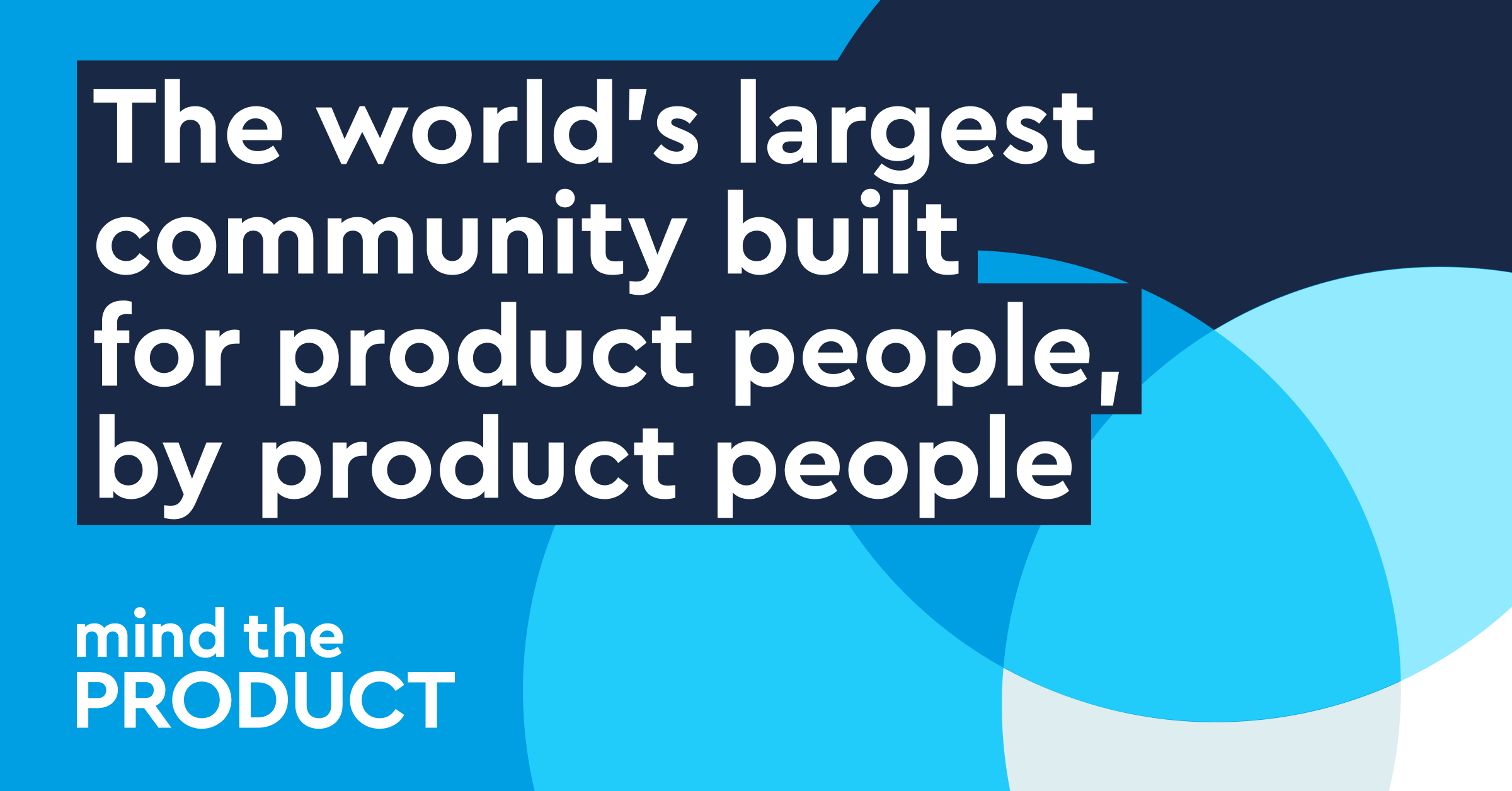In what ways does an LMS enhance the delivery of education in modern times?
A Learning Management System (LMS) plays a crucial role in streamlining and enhancing modern education delivery. As advanced learning management software, it enables institutions to manage, deliver, and track online learning with ease.

In the digital age, the integration of technology into education has become more than a trend—it’s a necessity. One of the most transformative tools in this shift is the Learning Management System (LMS). From traditional classrooms to corporate training rooms, LMS platforms have revolutionized the way knowledge is delivered, accessed, and managed. As the educational landscape continues to evolve, LMS solutions, particularly LMS for educational institutions, are leading the way in creating more efficient, flexible, and personalized learning experiences.
Understanding the Learning Management System
A Learning Management System is a software application designed to plan, implement, and assess a specific learning process. It acts as a digital hub where administrators, educators, and students can interact seamlessly. LMS platforms are used to manage educational content, monitor learner progress, automate communication, and facilitate collaboration.
Today, LMS platforms serve a wide range of users—from schools and universities to businesses and training organizations—enabling them to scale their teaching and training initiatives effectively.
LMS for Educational Institutions: Bridging Traditional and Digital Learning
LMS for educational institutions is specifically tailored to the needs of schools, colleges, and universities. These platforms offer tools that enhance the learning experience by supporting blended learning models, flipped classrooms, and remote education. Institutions can upload course materials, assign homework, conduct assessments, and provide feedback—all through a centralized system.
Key advantages of LMS for educational institutions include:
-
24/7 Access to Learning: Students can access study materials anytime, from anywhere.
-
Efficient Course Management: Teachers can easily organize and update lessons, schedules, and assignments.
-
Progress Monitoring: Real-time tracking of attendance, grades, and participation.
-
Interactive Learning: Features such as discussion forums, quizzes, and multimedia resources enhance engagement.
-
Increased Collaboration: Students and teachers can communicate via messages, forums, or video calls.
Learning Management Software: Features That Make a Difference
Learning Management Software comes with a wide range of features that make it indispensable in modern education:
-
User Management: Role-based access for students, instructors, and administrators.
-
Course Creation and Management: Tools to design and structure courses, with options to include videos, PDFs, and SCORM packages.
-
Assessment and Evaluation: Built-in tools to create quizzes, assignments, and exams, with instant grading capabilities.
-
Analytics and Reporting: Detailed insights on user progress, course completion, and performance.
-
Communication Tools: Announcements, messaging, video conferencing, and notifications for enhanced interaction.
-
Integration Capabilities: Seamless integration with tools like Zoom, Google Meet, and cloud storage platforms.
These features not only simplify the administrative workload but also empower educators to deliver more effective and personalized learning.
Top Learning Management Systems in Use Today
The top learning management systems are distinguished by their user-friendly interfaces, scalability, and comprehensive feature sets. Some of the most popular LMS platforms include:
-
Moodle: Open-source, customizable, and widely used in education.
-
Canvas: Modern interface, robust assessment tools, and scalability for institutions of all sizes.
-
Blackboard: Powerful analytics and tools for large-scale academic use.
-
Google Classroom: Simple, accessible, and well-integrated with other Google tools.
-
TalentLMS: Suitable for corporate and academic training with strong e-learning capabilities.
Each of these platforms caters to different organizational needs, but all aim to improve access to quality education.
Learning Management Systems for Businesses
While educational institutions are the primary users, learning management systems for businesses are gaining momentum. In today’s competitive environment, companies need to continuously upskill their employees to remain relevant.
How LMS helps businesses:
-
Employee Onboarding: Streamlined training for new hires.
-
Professional Development: Continuous learning and certification programs.
-
Compliance Training: Ensure employees meet industry regulations.
-
Performance Tracking: Monitor employee progress and identify skill gaps.
By using LMS platforms, businesses save time, reduce costs, and improve the overall efficiency of their training programs.
Advantages of Using Learning Management Software
There are numerous advantages of using learning management software, making it a crucial component of modern education and corporate training:
-
Scalability: Whether for 10 or 10,000 learners, LMS platforms scale effortlessly.
-
Consistency: Ensures uniform delivery of content across all learners.
-
Personalized Learning Paths: Tailor content and pace to each learner's needs.
-
Cost-Effective: Reduces expenses related to travel, printed materials, and venue rentals.
-
Environmentally Friendly: Promotes paperless learning.
-
Data Security: Protects sensitive learner information with robust security features.
These benefits collectively lead to improved learning outcomes and greater administrative efficiency.
EdTech Innovate: Empowering Education Through LMS Solutions
EdTech Innovate stands out as a trusted provider of tailored LMS solutions for both educational and corporate sectors. With a strong focus on LMS for educational institutions, EdTech Innovate delivers platforms that are intuitive, feature-rich, and scalable.
Key offerings from EdTech Innovate:
-
Customized LMS platforms to suit specific institutional needs.
-
Mobile compatibility for learning on the go.
-
Advanced analytics for tracking performance and engagement.
-
Ongoing support and training to ensure effective implementation.
-
Integration with existing systems like ERPs and third-party tools.
By partnering with EdTech Innovate, institutions and organizations can embrace the future of education and training with confidence.
Conclusion
In conclusion, a Learning Management System is no longer just an add-on—it is central to the delivery of education in modern times. Whether through academic courses, online certifications, or corporate training modules, LMS platforms provide the infrastructure needed to deliver knowledge efficiently, accessibly, and interactively.
With the rapid shift to digital and hybrid learning models, an LMS for educational institutions offers a bridge between traditional education and tomorrow’s classrooms. As platforms become more sophisticated, the role of learning management software will only continue to grow.
Organizations like EdTech Innovate are leading this change, offering comprehensive LMS solutions that empower learners, support educators, and drive institutional success. In an era where learning never stops, the LMS is your gateway to smarter, scalable, and more impactful education.

















































































































































